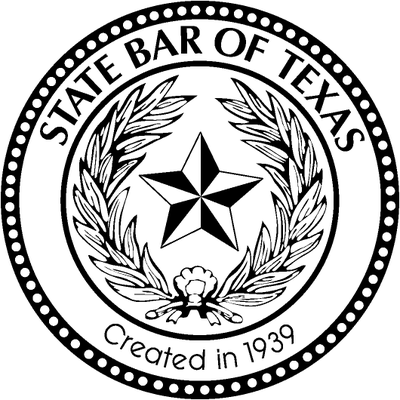Executive employment contracts and severance agreements often include a forfeiture clause. These so-called “bad boy” clauses require the employee to forfeit his right to compensation if he engages in activity deemed detrimental to the company, such as working for a competitor. A case pending before the Texas Supreme Court could impact the extent to which courts enforce such clauses.
In Texas, courts generally consider a noncompete agreement to be a restraint on trade. They won’t enforce a noncompete unless it’s reasonable as to time, geographical area and scope of activity to be restrained, among other requirements.
In the past, Texas courts were willing to enforce forfeiture clauses containing a noncompete provision without analyzing whether the noncompete provision was reasonable. According to these courts, because the employee was still free to compete—provided he was willing to forego his right to compensation—the forfeiture clause was not a restraint on trade. This reasoning was dubbed the “employee choice” doctrine.
More recently, Texas courts have declined to follow the employee choice doctrine and have refused to enforce forfeiture clauses that fail to comply with Texas law governing noncompete agreements. These courts reason that, where the forfeiture clause imposes a severe economic penalty for competing, the clause effectively becomes a noncompete agreement; therefore, it must conform to the reasonableness requirements for noncompete agreements under Texas law.
In Drennen v. ExxonMobil Corp. (2012), Houston’s 14th Court of Appeals examined the contracts governing an employee incentive program that required an executive to forfeit his stock awards (worth more than $6 million) if he went to work for a competitor. The noncompete provisions lacked any limitation as to time, geographic area or scope of activity to be restrained. Consequently, the 14th Court held the forfeiture clause was an unenforceable restraint of trade under Texas law.
On Aug. 23, 2013, the Texas Supreme Court granted the employer’s petition for review. Given the high court’s recent decisions favoring parties’ right to contract—including Marsh USA Inc. v. Cook (2011), which overturned decades of noncompete law by holding that stock options constitute sufficient consideration to support a noncompete agreement—the winds regarding forfeiture clauses in employment contracts may be about to shift.
Until the high court issues a decision in Drennen, legal departments should ensure that a forfeiture clause complies with the laws governing noncompete agreements, including the statutory requirements in Texas Business and Commerce Code §15.50. If the Texas Supreme Court adopts the employee choice doctrine and holds that forfeiture clauses are not a restraint on trade, courts likely will enforce such clauses absent a violation of public policy.
Reprinted with permission from the April 7, 2014 edition of Texas Lawyer. © 2014 ALM Media Properties, LLC. All rights reserved. Further duplication without permission is prohibited.








